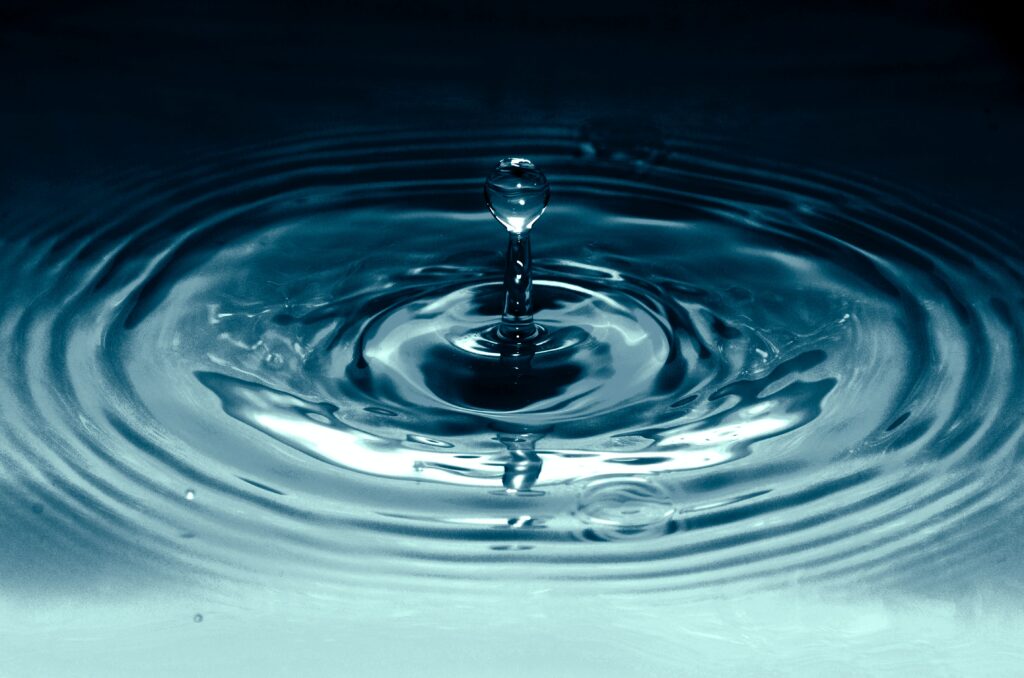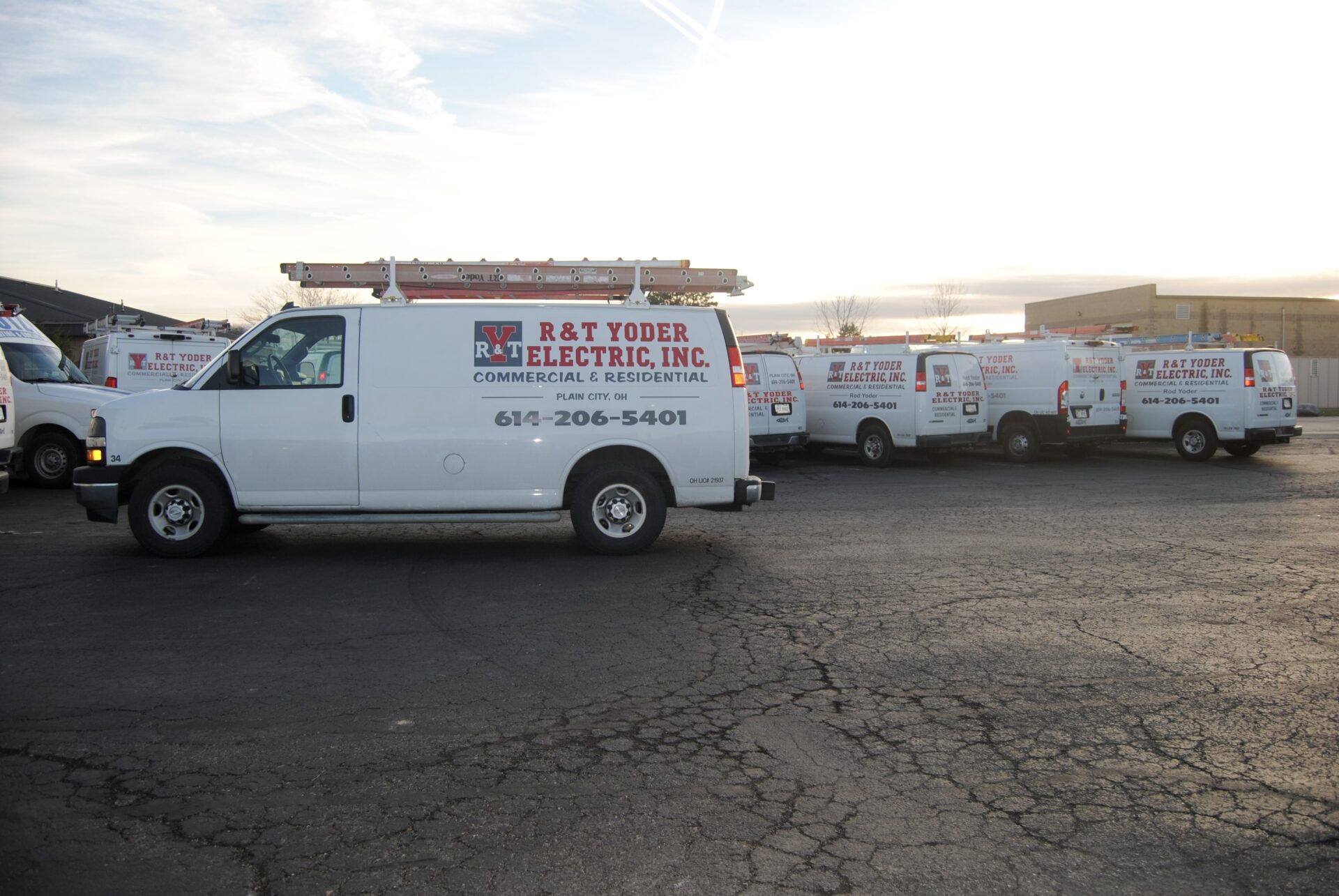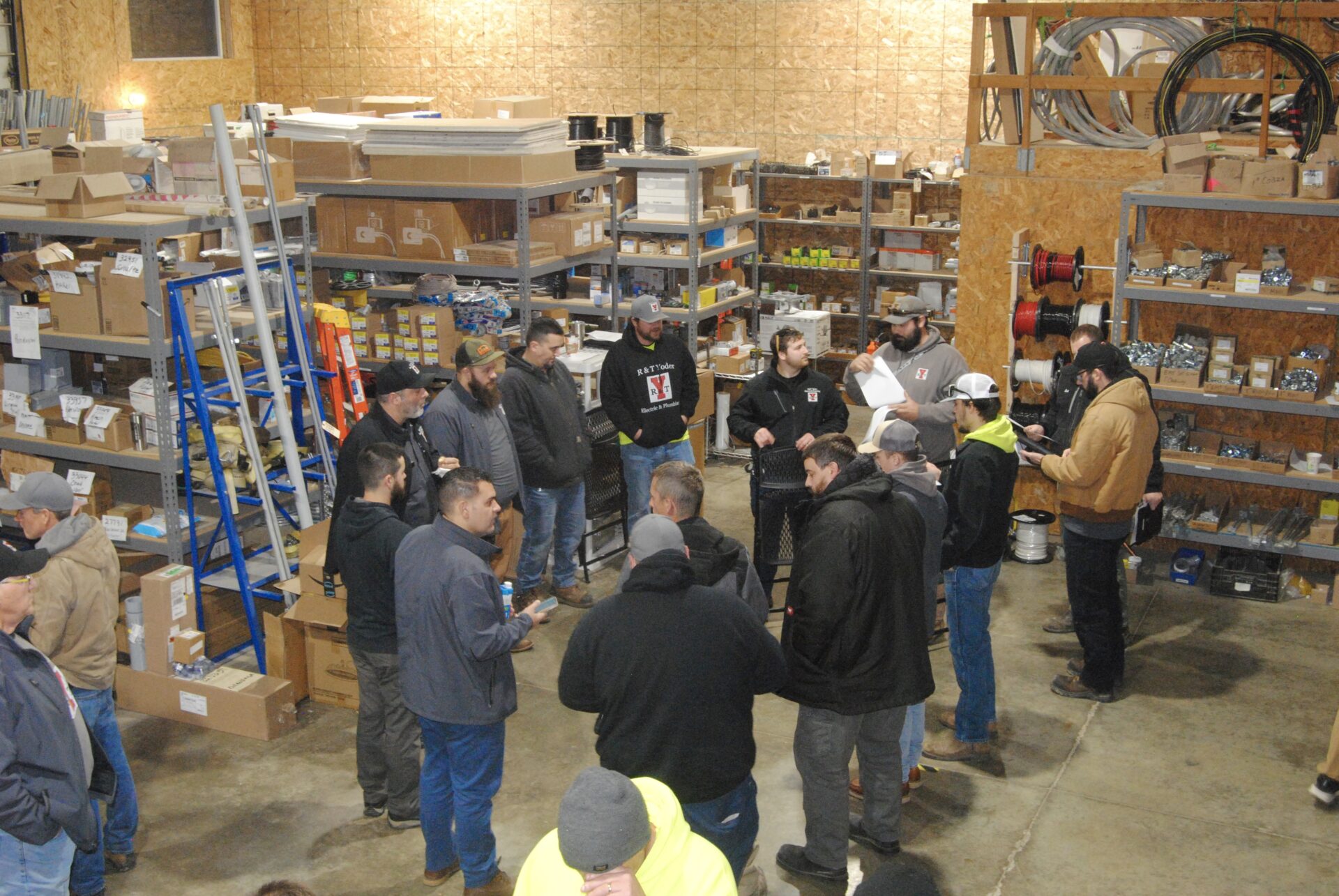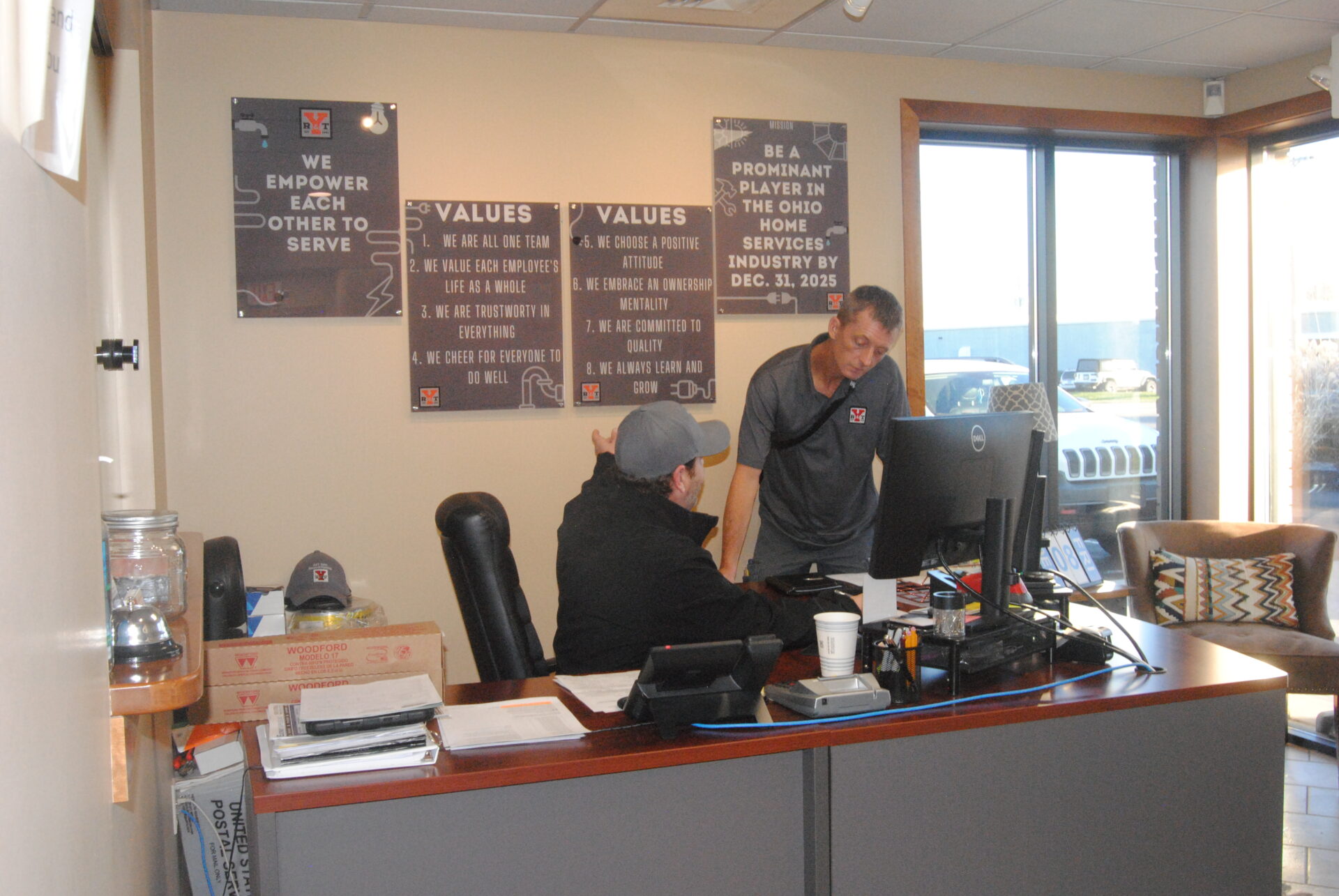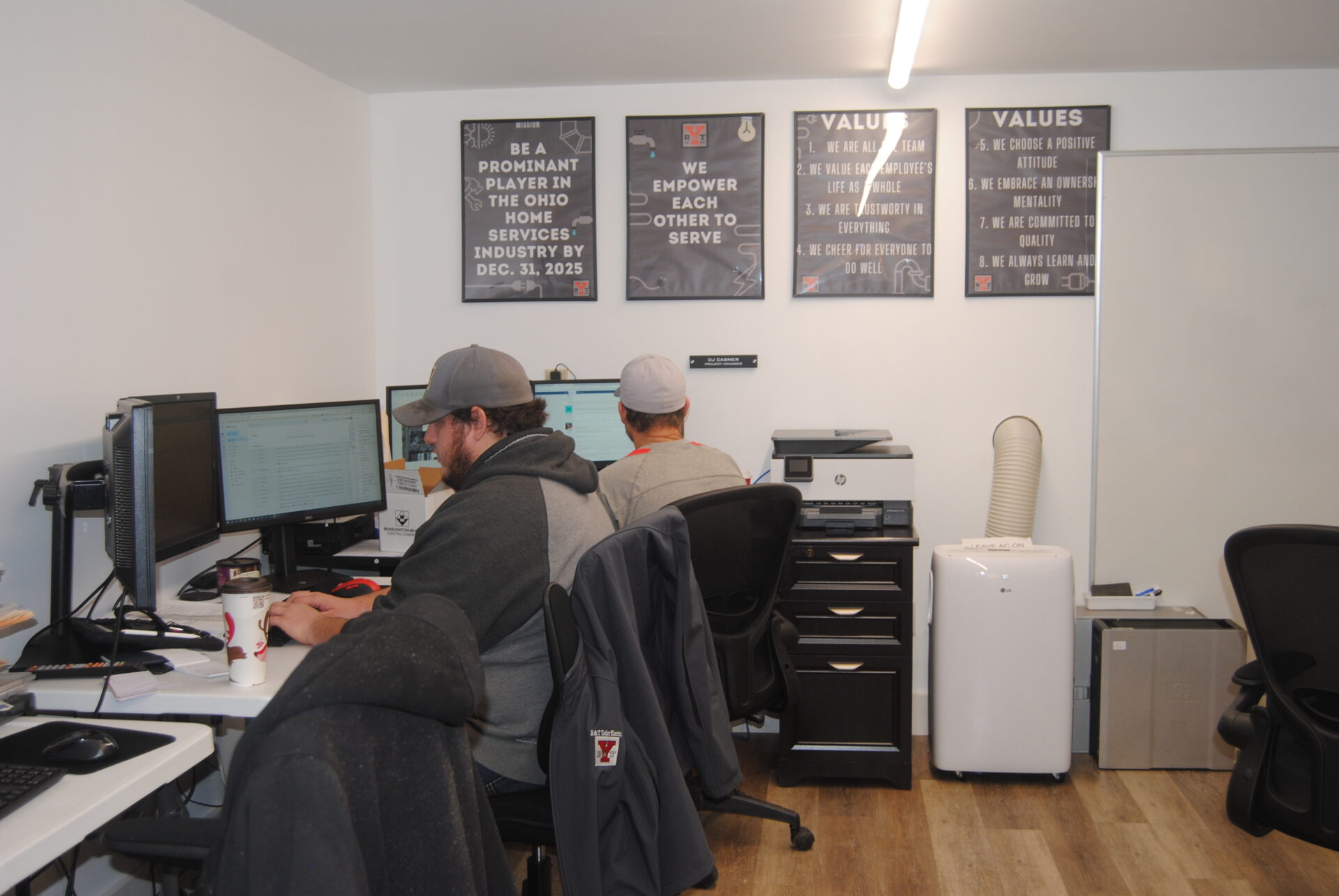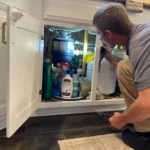If you’ve ever noticed white spots on your dishes or a sticky residue on your skin after a shower, you may be dealing with hard water.
Hard water is a common issue in many households and can cause various problems with plumbing systems. In this blog, we will tell you what hard water is, how it affects your plumbing, and different ways to address it.
What is hard water?
Hard water is water that contains a high concentration of minerals, primarily calcium and magnesium (although these may vary, depending on where you live). As water flows over rocks and soil, it picks up particles of minerals from those substances and carries them straight to your sink.
While hard water is not harmful to your health, it can wreak havoc on your plumbing system. The more minerals present in your water, the harder it becomes.
What does it do to my plumbing?
Minerals are healthy for your body, but not for your pipes. Here are some of the effects hard water can have on your plumbing system:
- Mineral buildup: As hard water flows through your pipes, it leaves behind mineral deposits that accumulate over time. This buildup restricts water flow, reduces pipe diameter, and can lead to clogs and blockages. It affects not only your plumbing fixtures but also appliances like dishwashers, washing machines, and water heaters.
- Pipe corrosion: Hard water can also cause corrosion in your plumbing system. The high mineral content can react with metal pipes, leading to rust and deterioration (and expensive repairs!).
- Reduced water pressure: Mineral deposits can accumulate within showerheads and faucets, clogging the small openings and reducing water pressure. This can make it harder to take a shower or fill your sink with water for dishes.
Addressing Hard Water
While hard water can cause you lots of problems, there are multiple ways to prevent these issues and extend the life of your pipes.
- Water softeners: One of the most effective ways to tackle hard water is by installing a water softener system. These systems use ion exchange technology to remove calcium and magnesium ions, replacing them with sodium or potassium ions. This process eliminates the minerals responsible for hard water and prevents mineral buildup in your plumbing system.
- Descaling agents: Descaling agents can help dissolve existing mineral deposits in your pipes and appliances. These products are specifically designed to break down the buildup and restore the flow of water. Regular use of descaling agents can help maintain the efficiency of your plumbing system.
- Filtered water: Another option is to use water filtration systems, such as activated carbon filters or reverse osmosis systems. While these methods do not remove minerals, they can reduce their concentration, resulting in improved water quality. However, it’s important to note that filtration alone may not completely eliminate hard water issues.
Live the soft life with Yoder Electric!
Hard water can be a troublesome issue for your plumbing system. The mineral buildup, pipe corrosion, and reduced water pressure it causes can lead to costly repairs and replacements.
If you suspect that you have hard water, it’s essential to take action and address the problem. Contact Yoder Plumbing if you suspect you might have hard water.
Remember, your plumbing system deserves the best care, and we’re here to provide it. Say goodbye to the frustrations of hard water and embrace the comfort and efficiency of a well-maintained plumbing system. Contact us now, and let’s work together to ensure your home’s water quality is top-notch.

